The following code builds the equation from its left hand side and right hand side. Then the change of variables to polar coordinates is performed using substitution.
The resulting trigonometric expression is then simplified, and it turns out to be zero after simplification. So any pair/tuple (x,y)=(r*cos(theta),r*sin(theta)) is a solution.
from sympy import *
a,x,y,theta = symbols('a x y \Theta', real=True)
init_printing(use_latex=True)
lhs = 4 * (x**2 + y**2 - a*x) ** 3
rhs = 27 * a**2 * (x**2 + y**2)**2
f = lhs - rhs
r = 4 * a * cos(theta/3)**3
display(f,"----")
f = f.subs(x,r*cos(theta))
f = f.subs(y,r*sin(theta))
display(f,"----")
f1 = f
display(simplify(f))
# format for wolframalpha
t = symbols('t')
f1 = f1.subs(theta,t)
import re
f1 = re.sub("\*\*","^",str(f1))
print("----")
print("wolframalpha expression: solve ", str(f1)," over the reals")
To double-check this, at the end, a wolframalpha query is also generated, which confirms the solutions.

